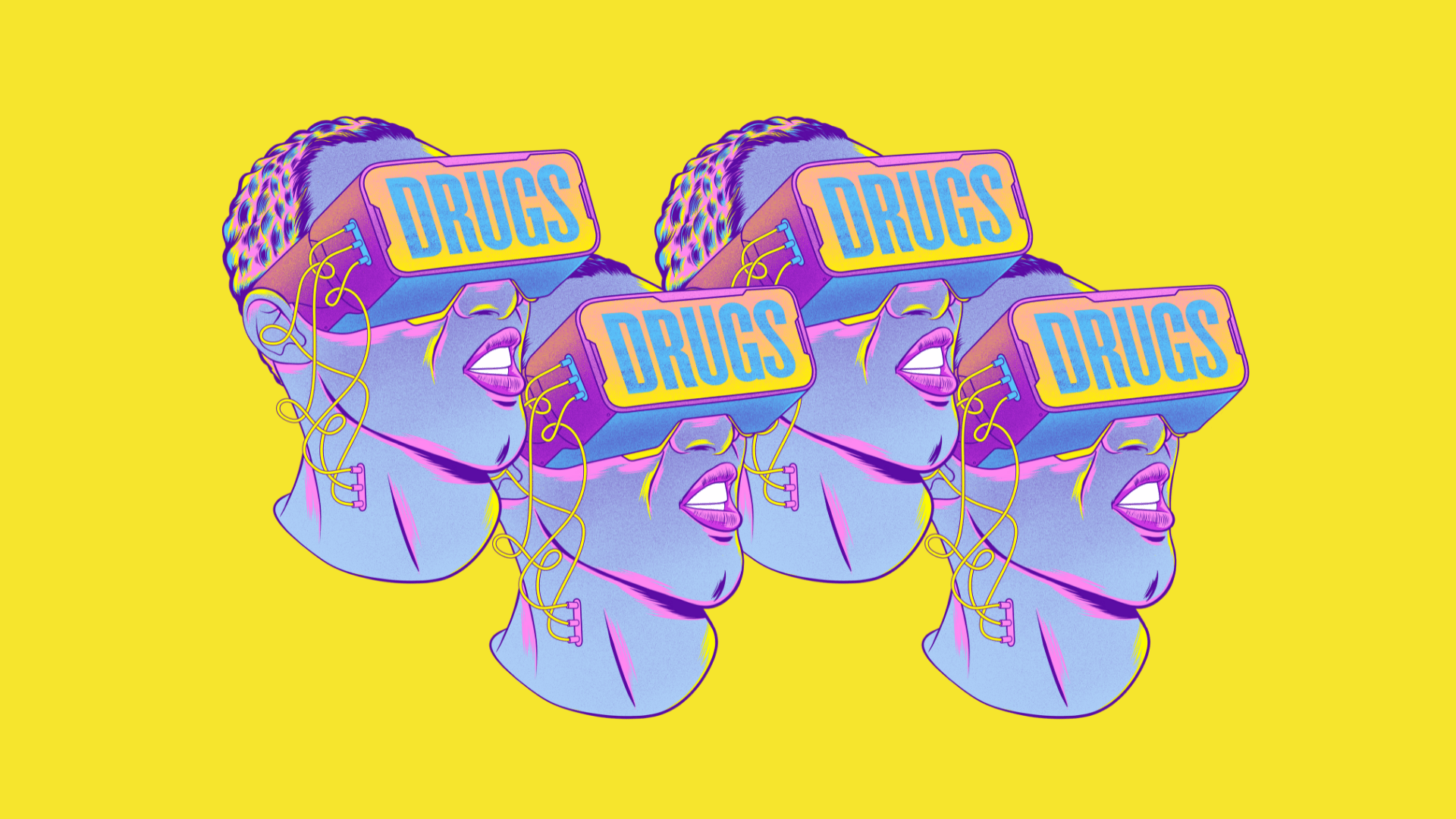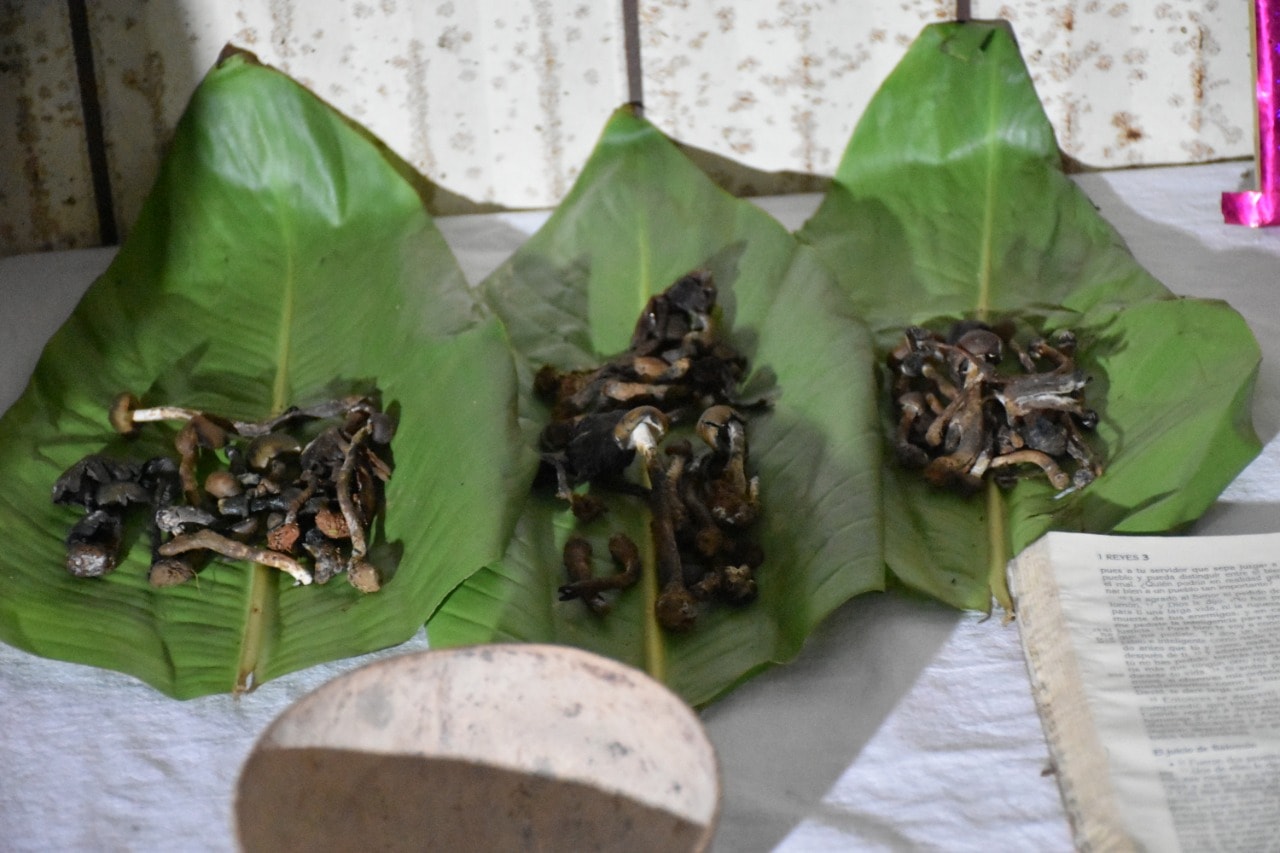
Soma: drugs as they are
Much of the work of Soma: las drogas como son (Soma: drugs as they are) consists of content curation: they rigorously select, synthesize and recommend on Instragram, Facebook, and Twitter content already published by major media or renowned institutions to democratize and facilitate access to quality information about debates on the world of drugs. They are convinced that people must make informed decisions; the main thing is people, their freedom, and their well-being.
Since November 2018, they have been recommending newspaper articles, excerpts from talks, translations from other languages, and sections of books on the world of drugs. While they also generate their self-managed content for their website: essays, chronicles, interviews, short films, podcasts. They mainly focus on republishing and translating into Spanish content that they consider necessary to be available to the Latin American public.
This work had its first fruits in 2019 and 2020: Soma won scholarships for studies in Colombia and Mexico that allowed its founders to connect with the creation of regional organizations that address drug issues from different fronts.
Esteban Acuña is a Chilean journalist who has been living in Lima for eight years. He has worked for different media outlets where he has closely followed drug policies and police violence against users. He has also collaborated with cannabis magazines. Raul Lescano is a Peruvian and a journalist. He started working on human rights and arts and gradually transitioned to editorial work. They both work freelance, and together they created the information and harm reduction project.
At the end of 2021, their team grew with lawyer Humberto Rotondo, a member of the drug policy and human rights organization Youth Rise, and activist Francesca Brivio, founder of the organization Cannabis of Hope, to open their lines of work toward harm reduction and the analysis of substances at parties.

From right to left: Humberto Rotondo, Raúl Lescano, Francesca Brivio, Esteban Acuña
How was Soma born?
Esteban: Soma was born due to our shared interests in the subject of drugs, both from journalism and our concerns. After several conversations, we realized that many things were not being said in journalism about drugs in general and that the available quality information did not seem to reach people. At that point, we both quit our jobs and started thinking about creating an independent media outlet.
I was initially thinking of cannabis media. But we realized that the discussion went far beyond cannabis and that if we only focused on it, we would miss out on a lot of rich material and a much more complex debate. That was a starting point.
Then we came up with the name: Soma, which I took from the novel Brave New World by Aldous Huxley. Raúl added: “Drugs as they are.” We kept that from the first day because the idea was to talk about drugs without conservatism, stereotypes, and stigmas with which the traditional media have approached the subject in the last decades.
Knowing that we had to work to survive, we decided to do the minimum but seek the most significant impact. We achieved this by presenting information about drugs that we found valuable and that was already published in independent media. This curatorial exercise has allowed us to learn and broaden our view on drugs, and that is what we want to deliver and disseminate.
Raúl: We both had a significant and fortunate confluence of needs. I have worked in a quarterly magazine in which we produced a long and complex edition, but which was aimed only at decision-makers. I always wondered how to bring well-worked information to people in general and not only to specific niches.
In that sense, Soma is a project on access to information that uses the subject of drugs to exercise that right. Drugs are a field where there is a lack of quality information, which generates risks. Moreover, in this world where information is already abundant, rather than developing content that people will probably not be able to consume, we believe that the important thing is to bring closer what already exists.
This challenge of providing information without prejudices about drugs is provocative in the face of a rather simplistic view that indicates that one has to be for or against drugs. We believe that it is about being in favor of multiple rights of people: the use of their bodies, access to health, justice, etc.

Since November 2021, Soma has attended parties to provide information on harm reduction associated with drug use.

Instagram: @proyecto_soma
What criteria do you have to choose what you are going to publish? Do you also produce content?
Raúl: Our journalistic training has given us the possibility of having specific evaluation criteria to consider and know what quality information is. We try to ensure that it is content that does not expire in a short time but, above all, that has people’s well-being at its core.
The debate on drugs generally revolves around defending certain abstract concepts, such as “order,” “security,” “the law,” etc. Rarely is the person at the center, and when you put the person at the center, the nuances change entirely. Then it is no longer necessary if that person was arrested because they were doing something illegal, but understanding why that person needed to do it. That completely changes the narrative.
Other principles, much more essential, have to do with the quantity and quality of sources. It’s about content that questions or attacks certain ordinary senses we have about drugs. Because I repeat, drugs are a medium through which sometimes one can turn around what health, justice, or different things mean.
Esteban: For example, I am summarizing a Knowable Magazine article on ketamine right now. In traditional media, the substance would be at the center of the discussion; probably, traditional media would demonize it, and so would those who use it. This article, instead, shows how ketamine, which is a drug also used for recreational purposes, is now being used medicinally to treat severe depression. In a matter of weeks, unlike traditional drugs, positive results are obtained, and since 2000 there have been several studies indicating the same.
In this text, the focus is on people. That is, it explains why some people use ketamine. To do so, they talk about depression and how this disease has traditionally been approached. This makes the narrative more complex, broadens the existing information, and moves away from the logic of prohibitionism.
The traditional narrative is based on the idea that a drug-free world is possible. The media hype coca or poppy eradication, police action, drug seizures, without questioning whether or not it works. This narrative also puts a lot of emphasis on addiction, presenting it as the worst effect of drugs and the only possible consequence. Still, it does not talk about the risks that misinformation brings. We leave aside the type of content that cannot see beyond these ideas.

Instagram: @proyecto_soma
You took the project’s name from Huxley’s novel, where Soma is a substance with a duality. How do you think of that duality in the work you do?
Raúl: I think that duality is given in Soma’s premise, which is also its slogan: “drugs as they are.” That means accepting their complexity: they can be dangerous, which doesn’t mean they can’t be good. There are many nuances and factors around them.
When you focus on the drugs themselves, you find yourself with a bit of an archaic perspective. When you focus on the people, you begin to understand the complexity of drugs. Because drugs don’t exist independently, they exist because some use them. Whether we like it or not, the reality is that drug use is one of the many ways people relate to the world, society, and themselves. Focusing on that, we find not only a duality but also a multiplicity of edges. Thinking only in duality is very common in anti-drug thinking, and in Soma, we want to break with that.
Esteban: We also seek to talk about the benefits of using certain substances, which is not normally discussed. In a text about the longing for parties during the pandemic, which we worked on for the web, we explained how substances also allow us to generate positive connections in people’s lives. We want to broaden the view by asking questions to break down certain ordinary senses. For example: why are pills that help you sleep legal and those that make you dance illegal?


